Norah Hussein, a poet and activist, was born in 1991, the year of the Kurdish uprising against Saddam Hussein. She is of Kurdish descent, but her family was displaced to Denmark at a very young age because of political persecution against her parents. She graduated from Zahle University College (currently called Campus Carlsberg, the newest college within the University College Copenhagen) and has been working with dyslexic children for over seven years. “My grandparents were illiterate, and they never knew the wonderful gift of reading books or writing stories, so I made it a goal of my own to teach as many as I could to read and write,” she said.
Although Norah’s mother language is Kurdish, she is most comfortable writing her poetry in English, as it is considered an international language and her verses about the history, culture, and struggles of the Kurdish nation would reach many more readers.
When I asked Norah how she felt when she visits the Kurdistan Region of Iraq (KRI) and her hometown, she replied without hesitation “Kurdistan gives me a sense of healing and identity that has a special place in my heart.” After taking a deep breath she continues, “I have always felt very restless. Like I belong to nowhere and to nothing. That all changes when I am in Kurdistan; I actually feel a sense of belonging, like I am finally home.”
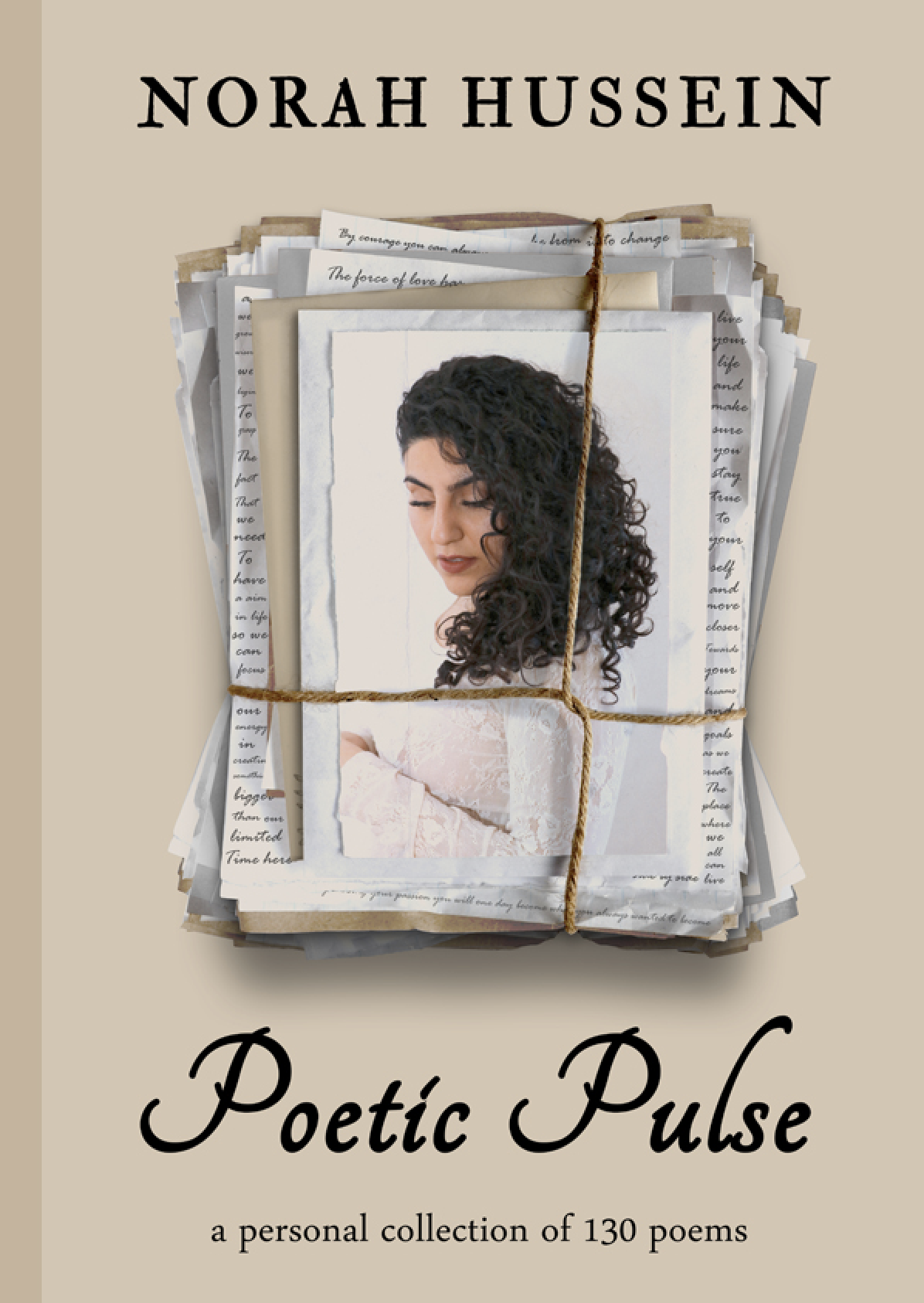
An unplanned journey
Norah’s passion for writing goes back to her early days of visiting the library and walking down the aisles searching for a book, novella, poem, character in a story, or anything that she could relate to or find herself in. “I never could find anything I connected with. I continually questioned why that was and knew I wanted to change that for the next generation of young brown Middle Eastern girls.” This is why she chose to put a picture of herself on the front page of her book. She continued, “I want that little girl walking around the library to find herself in me, something I never experienced growing up.”
Norah’s journey to becoming a poet was rather sudden. It was not something she had planned or prepared for. Her inspiration and courage to become a poet came from a life-changing trip she took to Greece back in 2018. Her magical experience on that trip was a turning point that allowed her to develop a passion for poetry.
It would only be a couple years later, in 2021, that she would publish her debut Poetic Pulse. She has since performed at many poetry recitals, presenting her poems, life, book, and journey to becoming a poet. “Right now, I am touring around Denmark on my latest show, ‘Transgenerational Trauma,’ where I take my audience in for a poetic performance about this subject,” she explained.
Norah writes contemporary poetry. Her poems contain no rhymes, punctuation or commas – the same manner the poems come to her mind.
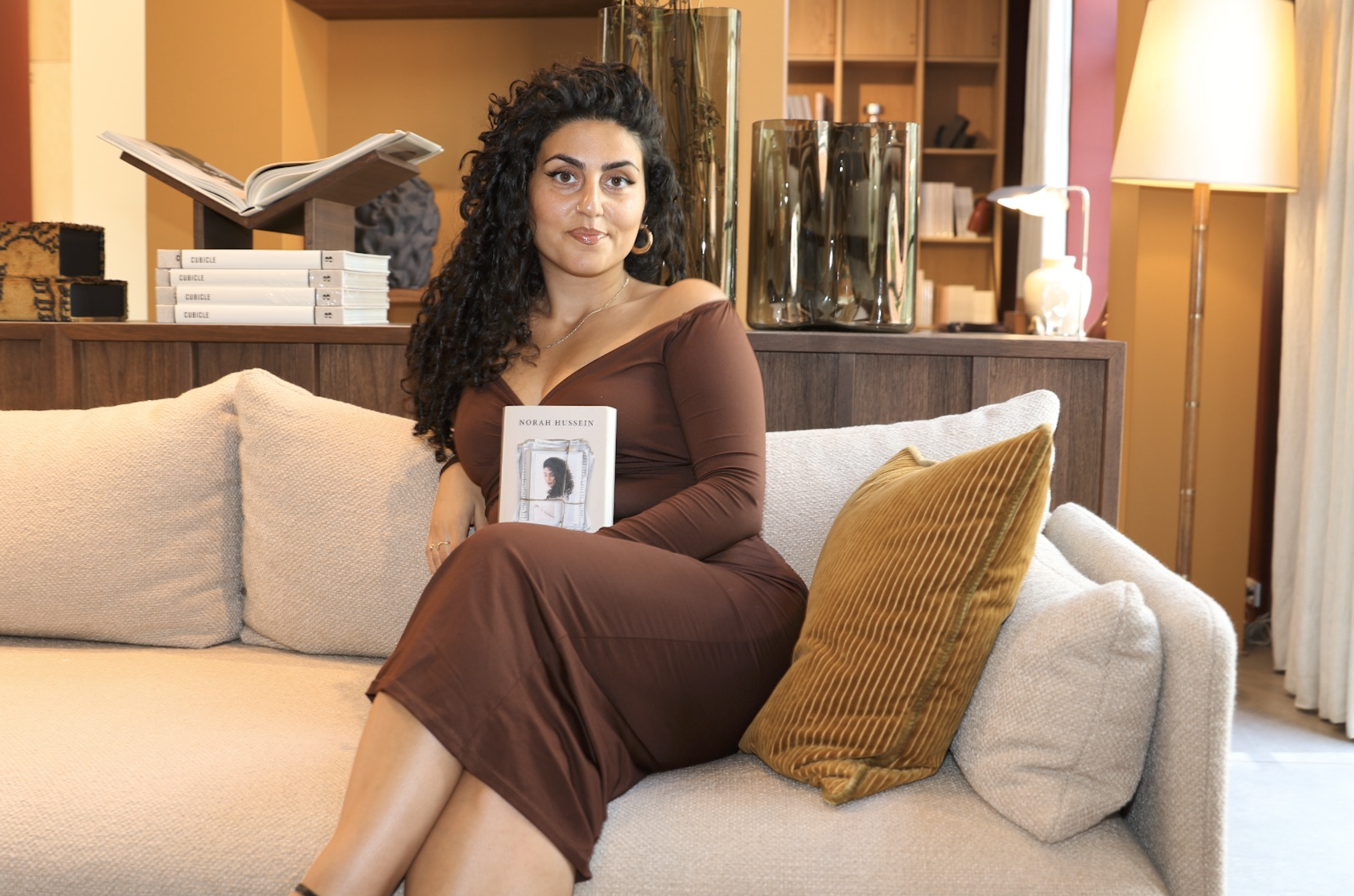
Unexpected Love
With the many scars on my soul
I felt completely prepared
for another huge storm to come
I knew how to heal an open wound
and how to stitch it with hope
leaving the pain to dry out
resting my mind
in the imagination of peace
and withhold my strength
knowing it is my weakness too
I stood with my shield of experience
ready to face life
yet the only thing
I was not prepared for
was you
Seeking to heal
Norah and her family are originally from Halabja, which is located in the KRI close to the Iranian border. On March 16, 1988, the former dictator of Iraq, Saddam Hussain launched a chemical attack on Halabja, resulting in the massacre of thousands of civilians. Norah’s family miraculously survived the attacks, but the scars of war are still embedded in their hearts and minds. Her mother still has nightmares 35 years after the atrocities.
When I asked Norah how her personal experiences and feelings surrounding the chemical attacks have influenced her poetry, she replied with tears in her eyes. “The atrocities of war are an ongoing theme in my poetry.” Despite fleeing their home country and immigrating to Europe, Norah’s parents continue to suffer from post-traumatic stress disorder to this day. This is another topic that Norah has addressed in her poetry with the intent of helping people who are going through similar situations heal.
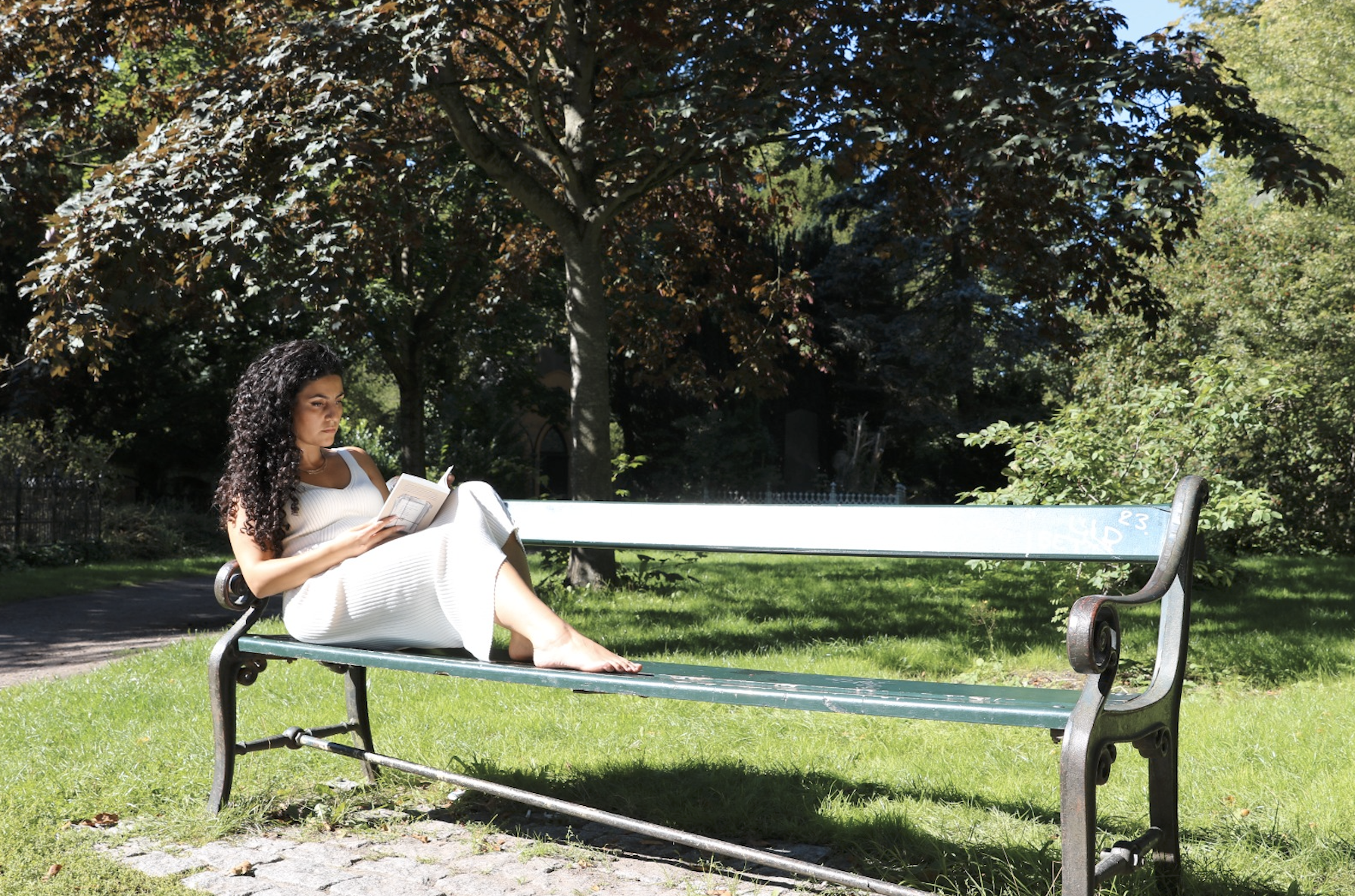
Past Poets
Within these peaceful four walls
I practice the pen
while I listen to the mother of my words
as she tells me which roads
she has cleansed of war
for me to carry in this torch of light
through this paper
Art in a transitory age
A whole generation of new poets have shot to fame through social media like Instagram. Likewise, Norah thanks social media for her growing popularity. It has played a pivotal role in her career. From the very beginning the literature community has shown genuine interest in her poetry, she said. “People from all over the world have been encouraging me and that has definitely given me the fuel to get through many obstacles during challenging times.”
Often, when actors, singers, or poets are exposed to a new culture, it has an evident effect on their art. Similarly, Norah’s poetry is also influenced by other cultures. As she mentions, living abroad and traveling to different countries has given her a more nuanced perspective on life.
“Europe and the Middle East have two very different mindsets. People are more reserved in Europe. The weather is much colder, but the Middle East is the exact opposite. People enjoy talking to strangers.” For Norah, both regions have their advantages and disadvantages. “I like the Middle Eastern hospitality, but I also admire the liberty and independence that women have in the Western world,” she said.
Norah’s story is mostly depicted through her poetry. She believes that poetry has a healing power, and that it connects people. Cultural understanding, struggle, and sacrifice can all clearly be depicted through poetry. “Words always matter; through words we can shape minds, hearts, and souls.”
Since she is a survivor of war, Kurdish history has played an important role in shaping her poetry. Moreover, Kurdish culture draws much inspiration from nature, love, and tragedy, all of which in turn have influenced her. Her book, Poetic Pulse, encompasses grief, trauma, healing, and love, and depicts the experience of being a child of refugee parents and finding strength and perseverance in that.
“I discover my purpose through writing. I hope the readers will do the same, find their purpose in all they have been through and turn it in to greatness,” she reflected.
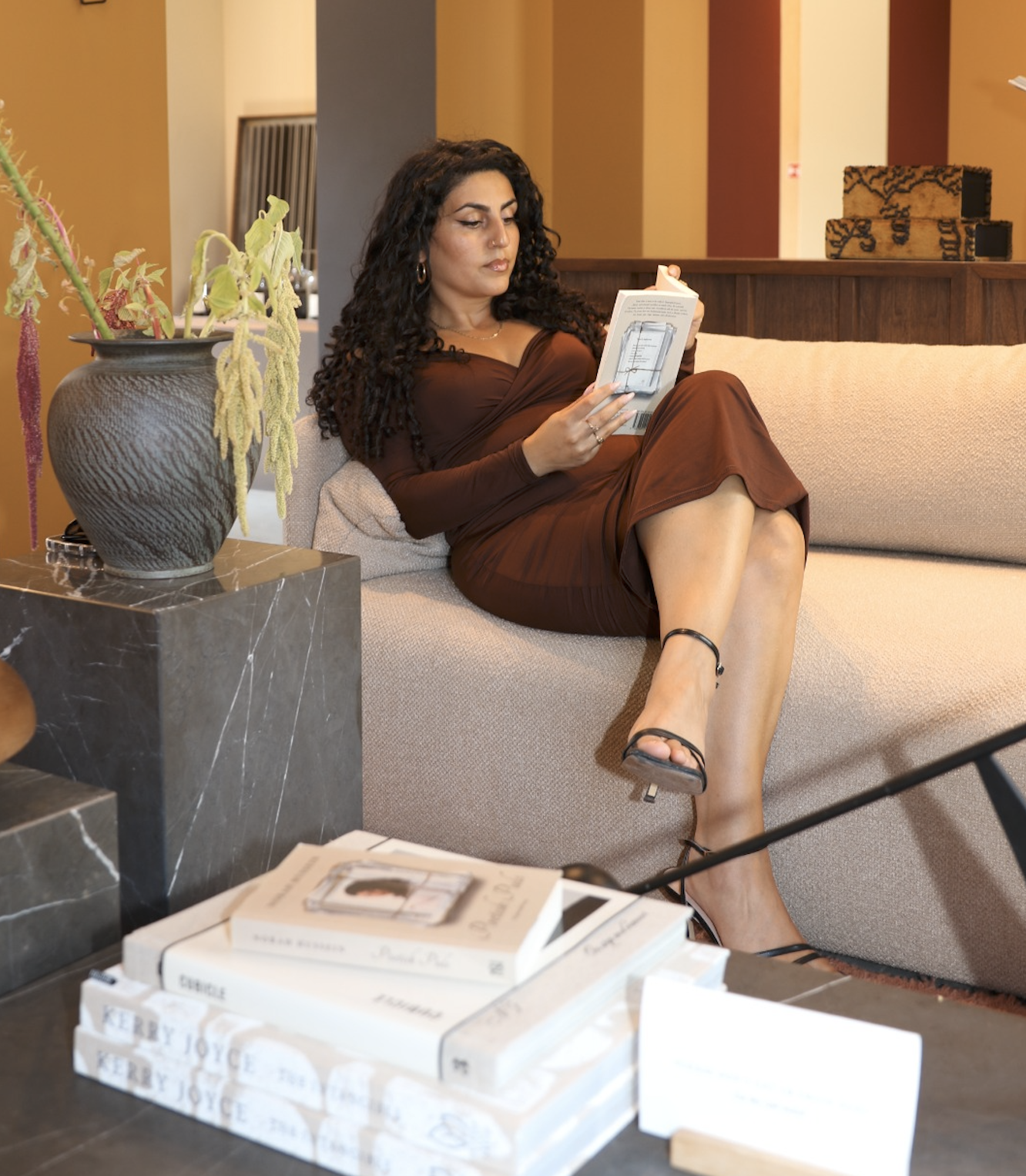
Past Lives
This time everything has changed
we breathe in a different era
a period associated with everything but love
yet it did not keep me
from searching for you
I recognized the previous stories
I read from your eyes
a sudden feeling of nostalgia
fell over me
a memoir of remembrance
of us in previous eras
I recalled the memories
of all my past lives with you
though the times have changed
throughout all the centuries
my love for you
has always remained the same
According to Norah, poems can help, guide, nurture, support, motivate, encourage, and assist her readers. “My aim is to bring joy to those who are heartbroken, bring peace to those in chaos and hope to the hopeless.”
When asked which piece of her writing meant the most to her, she replied, “‘Hearing love,’ which was translated into Kurdish and sung by Kurdish singer Chya Mohamed, has a beautiful place in my heart.”
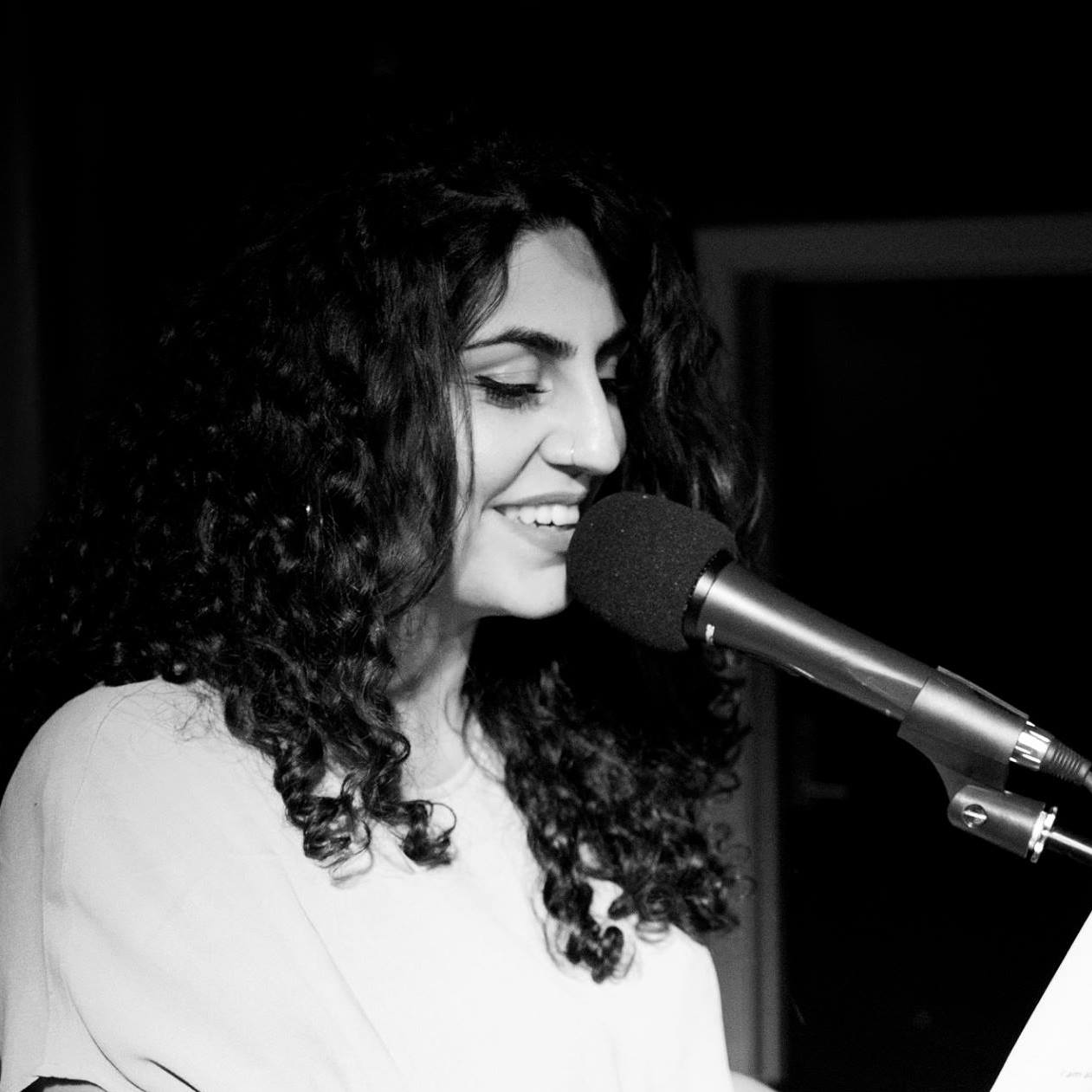
Hearing love
I asked the sun
to shower the city with light
for you to find me
I asked the moon
to cover my bed with stars
for you to lay next to me
I asked the rhythm of my heart
to play its melody
for you to hear my love
On inspiration
Women, particularly artists in Middle Eastern societies, must overcome many obstacles to prove themselves. Norah’s case is not any different, but she is rebellious and has faced societal norms head-on. “I am a manifest of freedom and will make sure that the next generation of girls won’t have to go through what I went through to become who I am.”
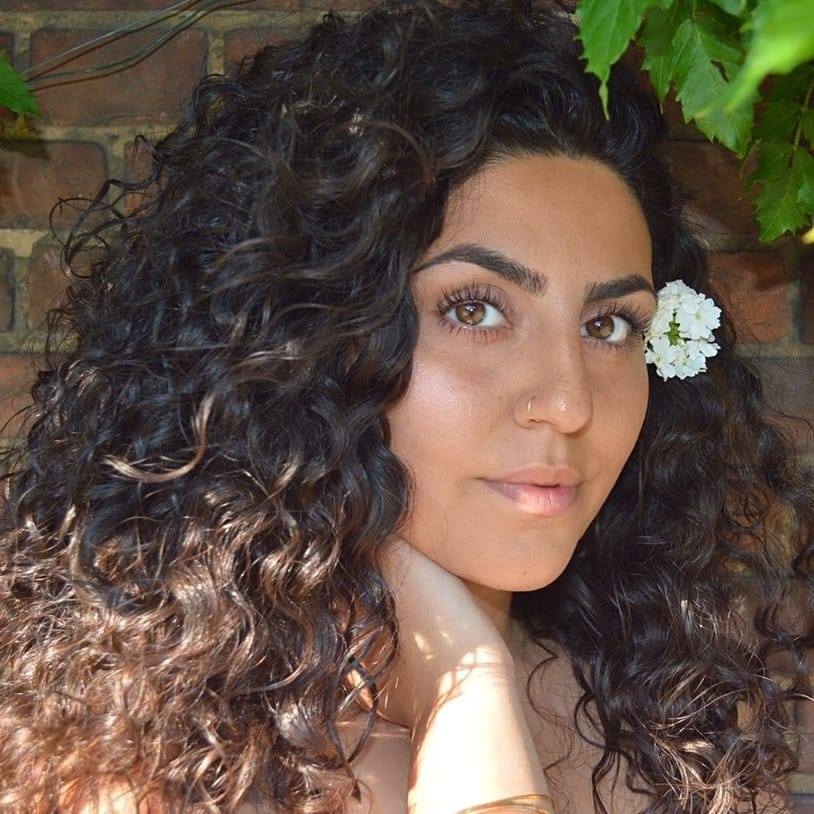
Native Tongue
Though my mother tongue
has been abandoned for decades
my native tongue continues to rise
in between my words
as I slowly begin to speak loud enough
for the next generations to hear the echoes
of a language still not forgotten
Most writers take inspiration from other authors and instill it into their work. As for Norah, Jalal al-Din Rumi has played a significant role in shaping her poetry. She is inspired by his great precision and beautiful quotes. “He is truly my soulmate poet.”
She is also moved by Enheduanna, who has been celebrated as the earliest known author in world history. “I feel a true connection to her, and I am truly moved by her passion for writing,” she said.
Finally, when asked what advice she would give to aspiring poets who come from marginalized or oppressed backgrounds, she recommended three points that played a role in her success. First, find likeminded people, people that have the same dreams and goals as you. Second, have courage to share your poems with others. Lastly, don’t take no for an answer.
Goran Shakhawan is a Kurdish-American journalist and author based in the United States. He covered news for several Kurdish news outlets and was a former senior correspondent for Kurdistan24 in Erbil and Washington D.C. He has published several books in Kurdish.

